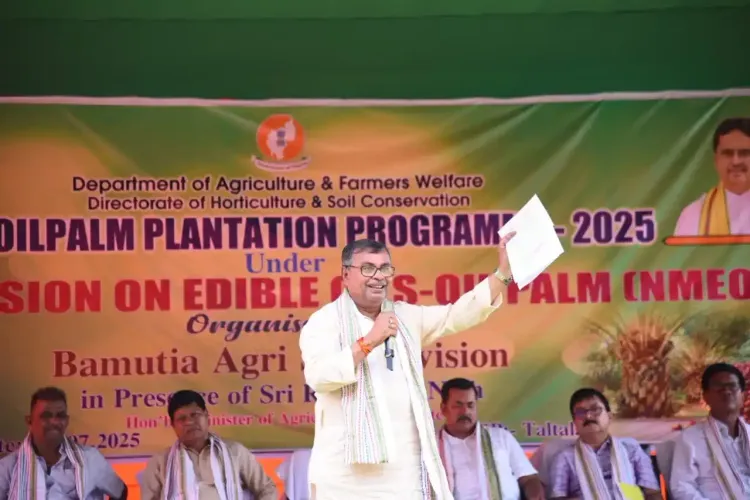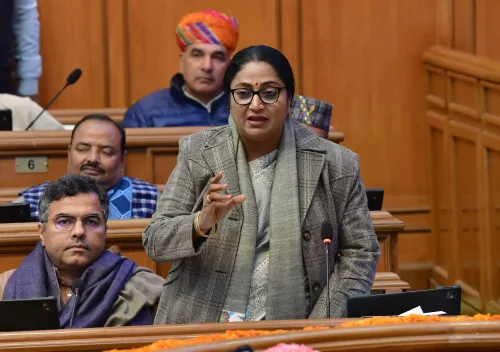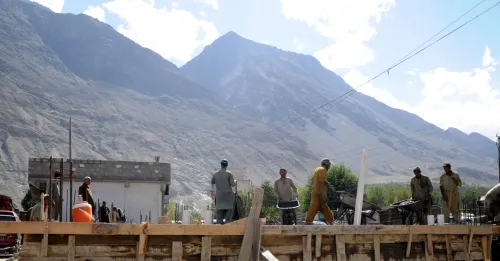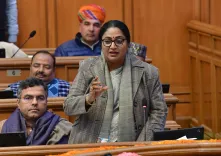Has Tripura Achieved Over 50% of Its Target for Oil Palm Cultivation?

Synopsis
Key Takeaways
- Tripura has cultivated nearly 4,000 hectares of oil palm.
- The goal is to reach 7,000 hectares by the end of 2025-26.
- Oil palm cultivation allows intercropping with other crops.
- Palm oil serves multiple industries including cooking, cosmetics, and biofuels.
- Government support includes clearing land and providing saplings.
Agartala, July 21 (NationPress) Tripura has successfully cultivated nearly 4,000 hectares of land dedicated to oil palm farming, out of a planned 7,000 hectares for the 2025–26 fiscal year, as announced by the Agriculture and Farmers Welfare Minister Ratan Lal Nath on Monday.
During the launch of the Mega Oil Palm Plantation Drive in Taltala, West Tripura, the Minister highlighted that while India achieves self-sufficiency in crops like fish and rice, it still depends on imports for edible oil. He emphasized that Prime Minister Narendra Modi aims for the nation to achieve self-sufficiency in this sector to prevent significant capital from flowing abroad.
“The government is promoting oil palm cultivation in both South India and the North East due to the favorable land conditions for palm oil production. The price of palm oil is expected to rise rather than fall, ensuring a robust market for farmers,” the Minister stated.
He further explained that unlike rubber plantations where nothing can be grown between the trees, oil palm cultivation allows the intercropping of various crops, and the government will provide necessary support—from land clearing to seedling distribution. “Our aim for the 2025-26 financial year is to cultivate 7,000 hectares in Tripura, and we have already made progress with around 4,000 hectares under cultivation,” he noted.
Additionally, Nath detailed that palm oil serves dual purposes: it can be refined for cooking and palm kernel oil is utilized in industrial applications. This versatile oil also finds its use in cosmetics, pharmaceuticals, biofuels, and bio-lubricants.
He mentioned that potential regions for oil palm cultivation in Tripura have been mapped, and a new expansion initiative has been launched by the Government of India. Initially, in 2012, the DAC Committee identified 7,000 hectares for palm oil farming in Tripura, and in 2020, the ICAR-IIOPR Re-evaluation Committee pinpointed 1,46,364 hectares of suitable land for further expansion.
“The Union Ministry of Agriculture and Farmers Welfare has set the goal of dedicating 7,000 hectares to this crop in Tripura for the current fiscal year (2025-26). The Horticulture and Land Conservation Rights department is fully committed to achieving this target,” he concluded.










